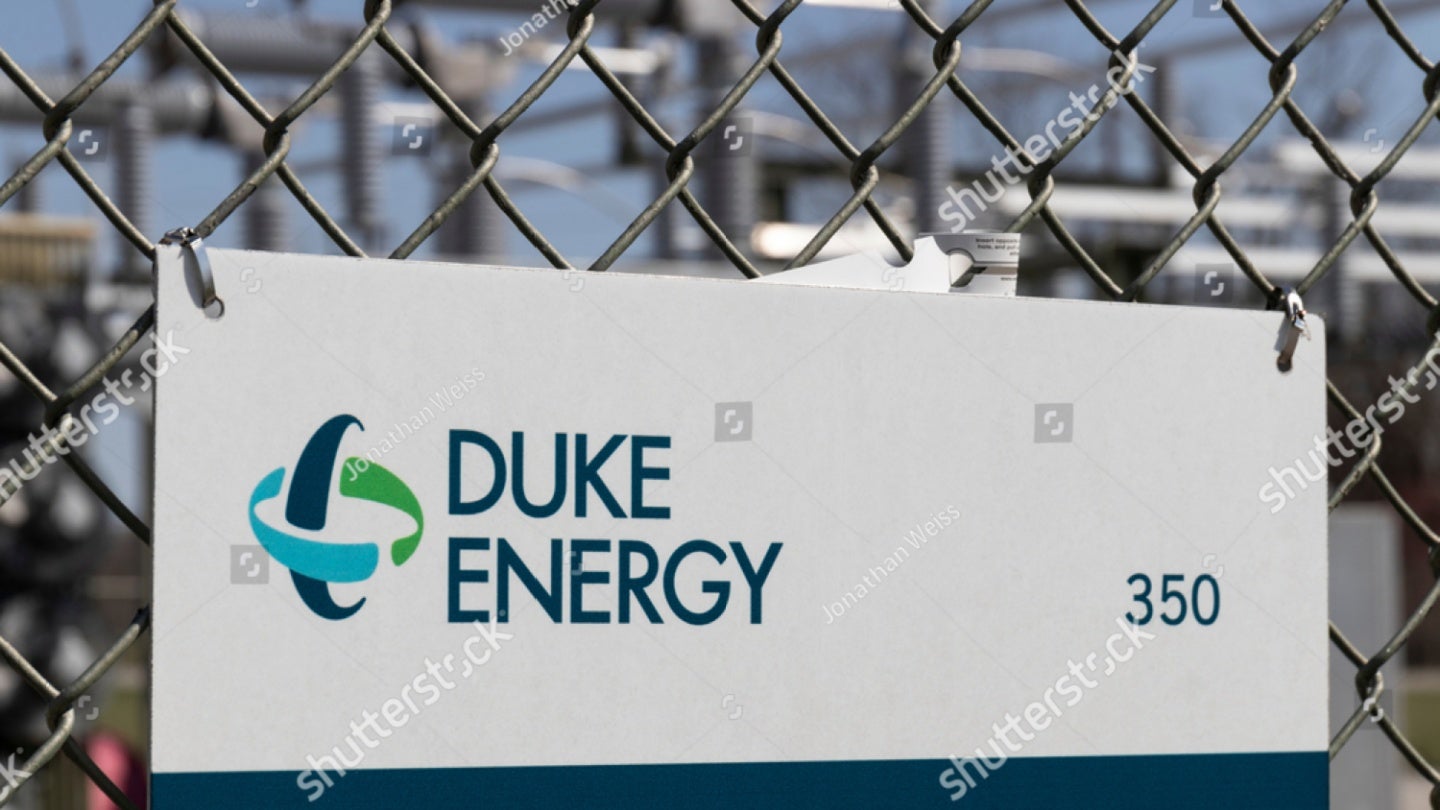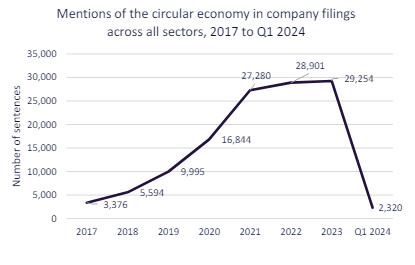
Amazon, Google and Microsoft have signed a green energy transition deal with US energy company Duke Energy.
The deal, announced on Wednesday (29 May) at the White House Summit on Domestic Nuclear Deployment, will enable the companies to develop green technology infrastructure, like data centres, over the next five years alongside Duke Energy.

Access deeper industry intelligence
Experience unmatched clarity with a single platform that combines unique data, AI, and human expertise.
Duke Energy signed a memorandum of understanding this month proposing tariffs to encourage the construction of carbon neutral energy infrastructure for Big Tech.
“In this new era of large-scale energy demand, Duke Energy is committed to working with our regulators and customers to find innovative and responsible ways to satisfy the growing need for more and cleaner energy,” said Duke Energy’s SVP of pricing and customer solutions, Lon Huber.
“With the help of companies like Amazon, Google, Microsoft and Nucor, we can accelerate our service of large customer needs and the transition to cleaner energy, while reducing financial risks and supporting economic development in our communities,” Huber added.
Duke Energy’s deal comes alongside a growing corporate interest in ESG and developing a circular economy.

US Tariffs are shifting - will you react or anticipate?
Don’t let policy changes catch you off guard. Stay proactive with real-time data and expert analysis.
By GlobalDataAccording to research and analysis company GlobalData, mentions of the circular economy in company filings increased 700% between 2017 and 2021. However, this did plateau between 2022 and 2023.

In its 2024 ESG sentiment polls, GlobalData noted that companies continued to face scrutiny over their environmental commitments.
Over 50% of respondents answered that they believed companies only saw ESG policies as a marketing exercise, rather than being fully committed to reducing their environmental impact.
Only 8% of businesses named environmental concerns as their biggest threat over the next 12 months, with the majority of businesses naming high inflation or geopolitical risks as their greatest threats.







